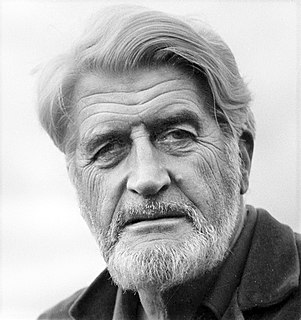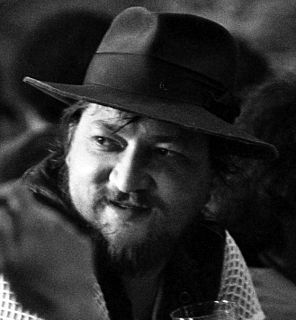A Quote by Hypatia
Fables should be taught as fables, myths as myths, and miracles as poetic fantasies. To teach superstitions as truths is a most terrible thing. The child mind accepts and believes them, and only through great pain and perhaps tragedy can he be in after years relieved of them.
Related Quotes
"The myths," says Horace in his Ars Poetica, "have been invented by wise men to strengthen the laws and teach moral truths." While Horace endeavored to make clear the very spirit and essence of the ancient myths, Euhemerus pretended, on the contrary, that "myths were the legendary history of kings and heroes, transformed into gods by the admiration of the nations." It is the latter method which was inferentially followed by Christians when they agreed upon the acceptation of euhemerized patriarchs, and mistook them for men who had really lived.
There is something feeble, and a little contemptible, about a man who cannot face the perils of life without the help of comfortable myths. Almost inevitably some part of him is aware that they are myths and that he believes them only because they are comforting. But he dare not face this thought, and he therefore cannot carry his own reflection to any logical conclusion.
Myths, as compared with folk tales, are usually in a special category of seriousness: they are believed to have "really happened,"or to have some exceptional significance in explaining certain features of life, such as ritual. Again, whereas folk tales simply interchange motifs and develop variants, myths show an odd tendency to stick together and build up bigger structures. We have creation myths, fall and flood myths, metamorphose and dying-god myths.
Miracles are like candles lit up until the sun rises, and then blown out. Therefore, I am amused when I hear sects and churches talk about having evidence of Divine authority because they have miracles. Miracles in our time are like candles in the street at midday. We do not want miracles. They are to teach men how to find out truths themselves; and after they have learned this, they no more need them than a well man needs a staff, or a grown-up child needs a walking-stool.
I'm no longer religious, but the Bible fascinates me. Hardly anyone reads it anymore, but it's got everything: it's a book of poetry, it's a book of principle, it's a book of stories, and of myths and of epic tales, a book of histories and a book of fictions, of riddles, fables, parables and allegories.









































